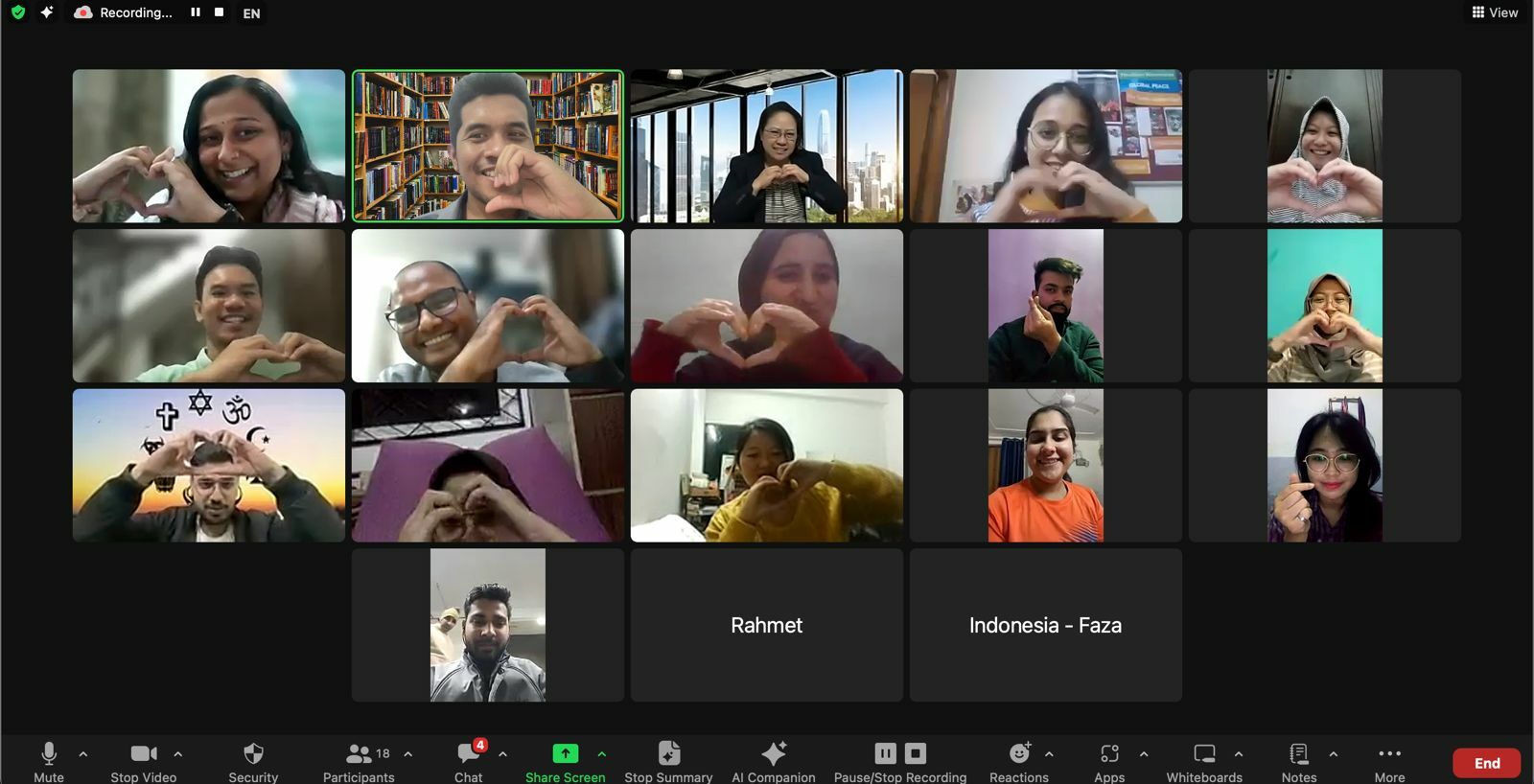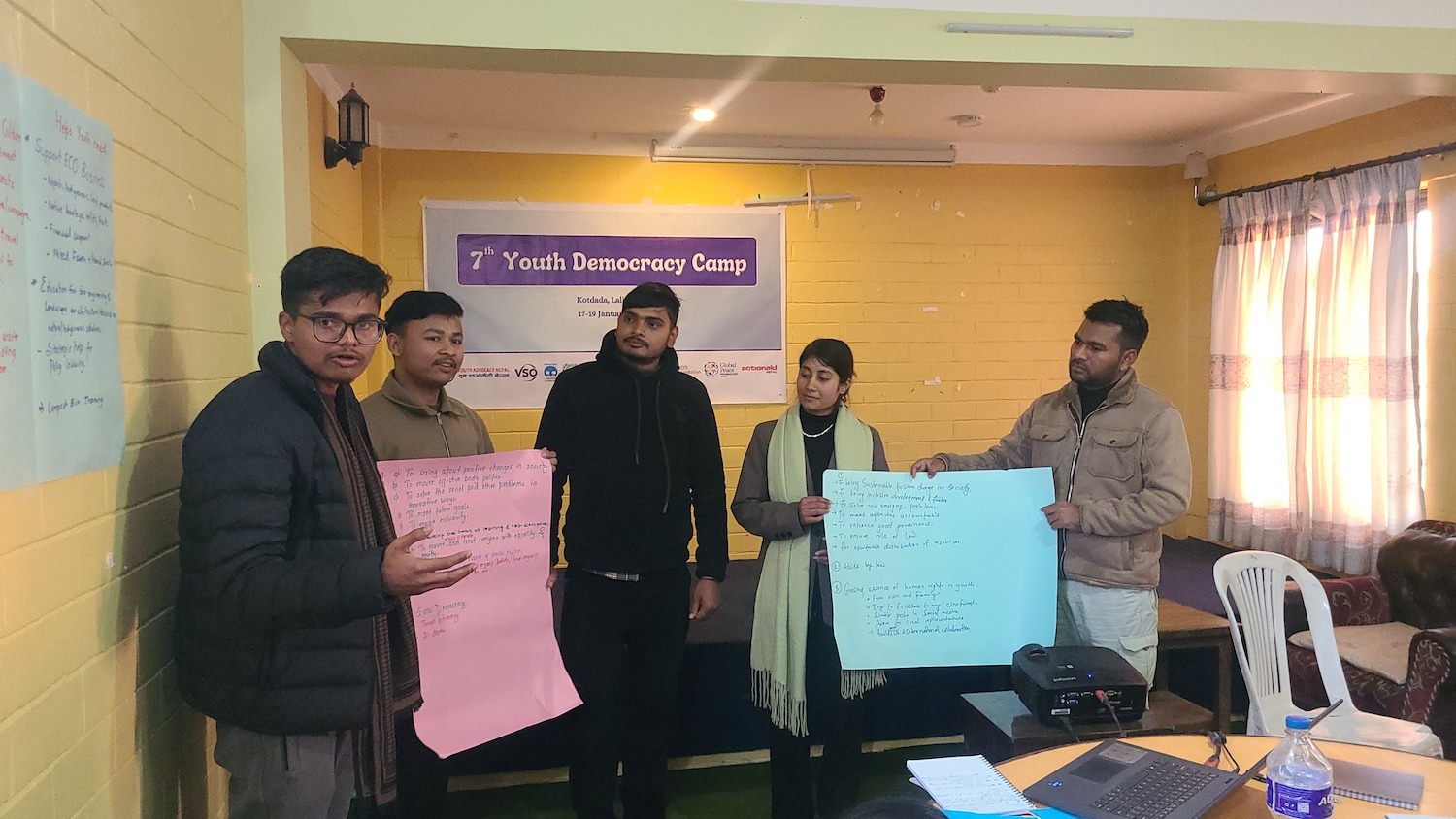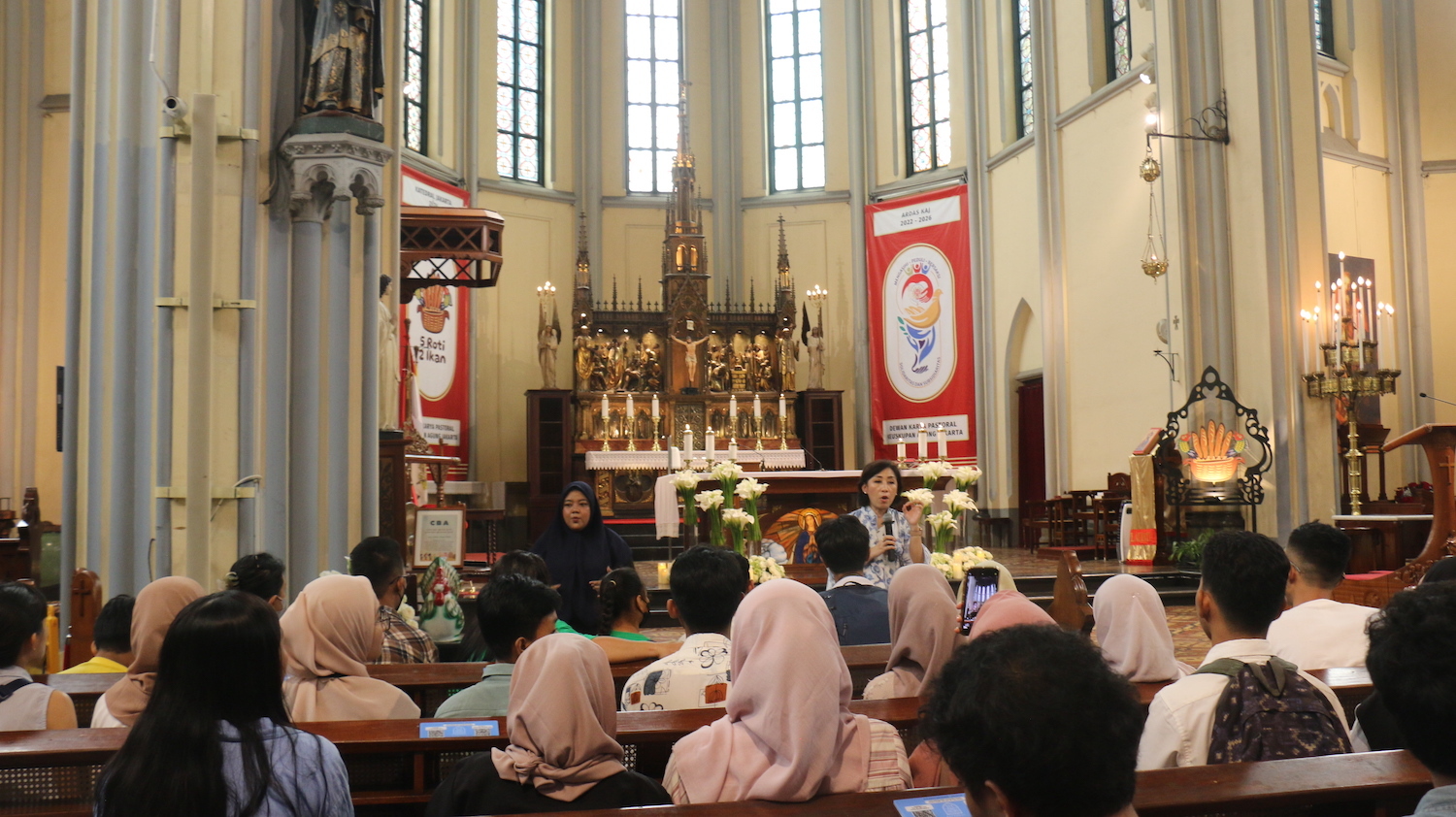At the International Young Leaders Assembly at the United Nations hosted by the Permanent Mission of Paraguay to the UN, South Korean, high school IYLA participant, SuhJung Lee, firmly asserted that the recent development of East Asia was not a miracle, it was a feat of “intangible values”.
Ms. Lee explains that although society marginalizes the importance of intangible values such as relationships, hard work, trust, community and ownership, these are in fact the very foundations of sustainable development. Ms. Lee emphasized the need to reconnect with such values in order to secure the continued development of the world’s economy and culture.
Ms. Lee points out that by ignoring such values and merely focusing on material goods and titles, we as a society are driving wedges between one another rather than working together to exponentially increase the wellbeing and welfare of each other.
“Instead of creating diversity under equally accepted values, we have founded hierarchical system into values. The superiority of values such as wealth, honor, and social status has cornered many people into depression and misery. It has stigmatized people as derelicts. The indifference on values like love and friendship has largely resulted in human trafficking, sociopathic crimes, and corruption.”
The astonishing growth of South Korea, according to Ms. Lee, began with community, ownership and a sense of responsibility for the greater whole. However, the current trend has shifted to individuals accumulating material goods. Ms. Lee criticizes the current, material based culture, saying such material gains are scarce and finite. She warns this trend will breed undesirable social side effects. By measuring success on numerical data, Ms. Lee says, humanity is becoming “like the prisoners in Plato’s allegory of the Cave. [Blinding] ourselves” with temporary solutions and payoffs.
International agencies such as the World Bank and UN, and a growing number of national agencies, businesses and NGOs offer fiscal aid as a means of cultivating development. However, these economic development and relief efforts often fall short in producing sustainable and long term solutions. Often the foreign standards of success and accountability, enforced by the programs, fail to account for the indigenous cultural values and communal bonds that hold the society together.
Economic aid is just one part of a larger equation. Like Ms. Lee suggests the intangible values that bind us together as communities and as humanity must guide our quest for substantial and sustainable development.
Ms. Lee, a young high school student from South Korea reminds us to realign ourselves with the greater ideals and values that hold our human family together. We must focus on more than just numbers. We must focus on preserving and securing the happiness of others. For that, we need moral leadership and responsibility that upholds these core principle that form the foundation of ethical and successful societies.



